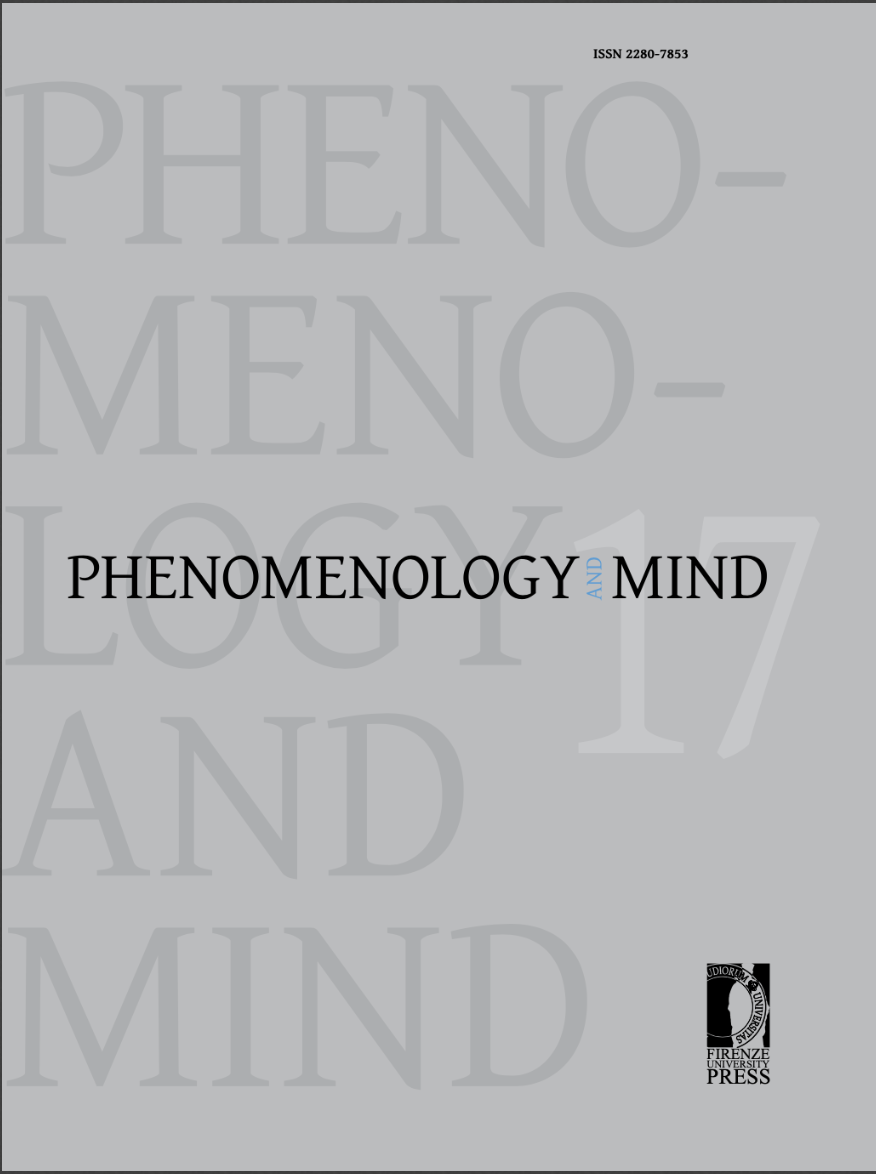Section 5. History of Ideas
Published 2019-03-13
Keywords
- Descartes,
- eternal truths,
- Theodicy,
- Leibniz,
- Malebranche
How to Cite
Gatto, A. (2019). Descartes e il problema della teodicea nella prima modernità. Phenomenology and Mind, (15), 194–210. https://doi.org/10.13128/Phe_Mi-24981
Abstract
The article deals with the critical reception of the Cartesian theory of the eternal truths. It aims to analyze the central role played by Descartes’ doctrine in Early Modern Philosophy, with particular regard to the reflections of Leibniz, Malebranche and Spinoza. Indeed, part of their philosophy can be considered as an attempt to criticize the premises of the Cartesian theory in order to avoid their consequences. There are then strong reasons for believing that the importance of the theodicean issues in Early Modern Philosophy is directly related to Descartes’ doctrine of the free creation of the eternal truths.

